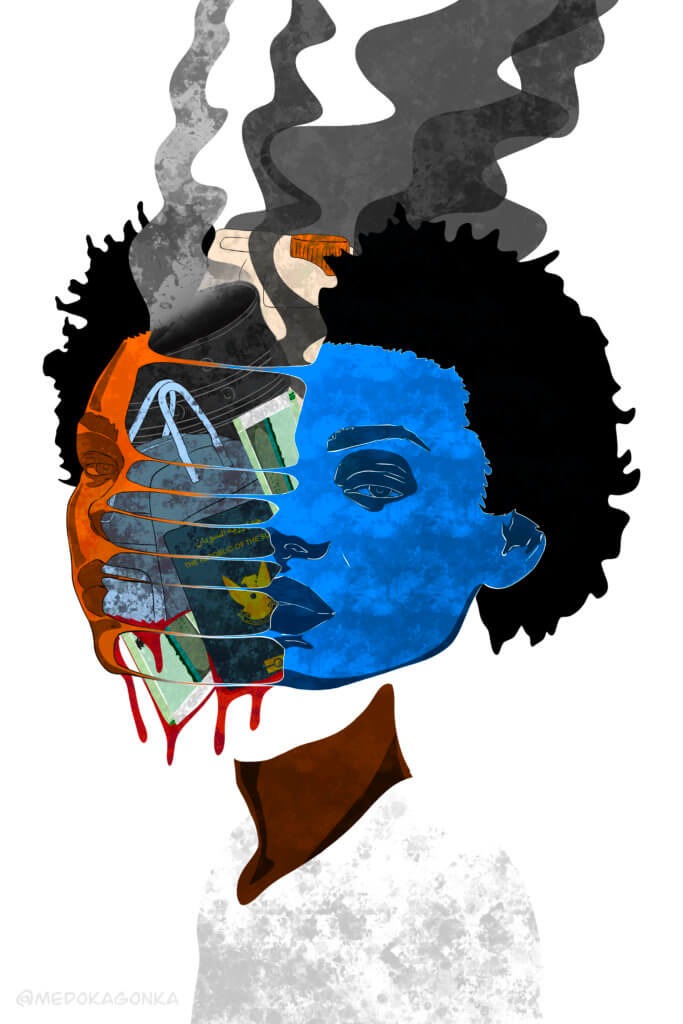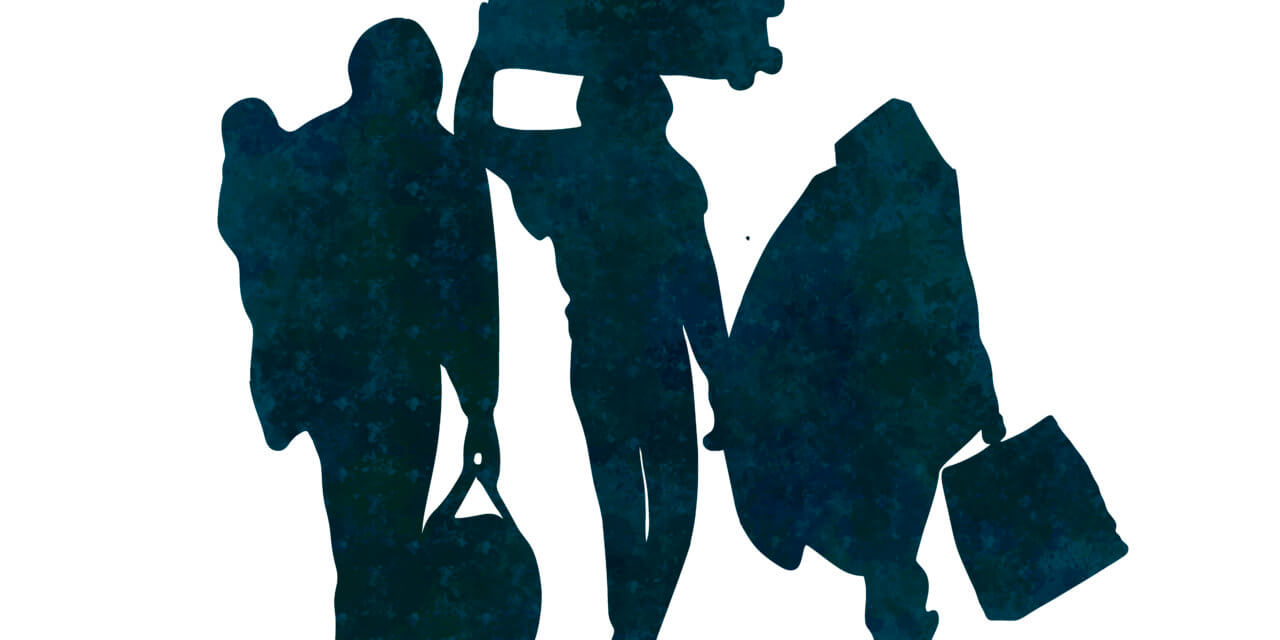Amid the backdrop of the violent conflict in Sudan, the mental well-being of its people, especially children, is severely impacted, often with overlooked consequences.
Mental well-being, which is fundamentally the capacity of an individual to cope with life’s challenges, thrive productively, and positively influence their community, is crucial to overall health. This mental resilience underpins our ability to make choices, form bonds, and influence the world around us. However, in volence-ridden regions like Sudan, mental health is tragically overshadowed, with dire consequences.
For those living amid the stark realities of war – the clashes, weapon detonations, and ensuing terror – the ordeal is immeasurable. In Al-Geneina, West Darfur, seven-year-old “M.A.” faced this overwhelming turmoil firsthand.
On July 7th, 2023, his home came under armed assault. Tragically, in front of “M.A.”, his father was critically injured and later passed away in hospital. This traumatic episode left the boy battling haunting memories and the emotional aftermath of war, manifesting in behavioural shifts, introspection, and intermittent outbursts.
Such incidents necessitate professional interventions, especially in a country where psychological aid, desperately needed, is increasingly scarce.
Challenges in Access
Since 2009, mental health care in Sudan has been besieged by issues, from a dearth of experts to limited patient facilities and a concentration of services in cities like Khartoum.
Such limitations deeply affect regions like Darfur, Kadugli, and Damazin that have faced recurring conflict since the recent war’s inception. This ongoing strife has thrust citizens into considerable psychological distress, with rising incidences of depression, anxiety, and even self-harm.
A 2023 study by Science Direct highlighted that 13% of Khartoum’s high school students grapple with depression or anxiety. Further, the study indicated that nearly a quarter of women in the capital experienced postnatal disorders, and significant portions of the populace suffered from depression, anxiety, social phobias, and PTSD.

Psychological Toll: Multiple traumatic experiences impacting the Sudanese people. (Illustration: Mido Kagonka)
With the uptick in mental health issues, interventions remain sparse. Multiple factors, from biology and genetics to societal pressures, exacerbate these concerns, especially for individuals already showing psychological vulnerability.
Societal stigma is another barrier. Those seeking psychiatric help often face societal prejudice, rooted in age-old beliefs and traditions. Some are even deemed “mad” or are taken to religious figures for spiritual remedies.
Factors like educational gaps and lack of awareness aggravate these mental health issues. Regions near conflict-stricken borders also see the illicit entry of substances which, when misused, can result in psychological distress or even tragic outcomes.
A Call for Hope and Healing
In the face of adversity, societies need pillars of hope and mechanisms for self-renewal, underpinning mental well-being and fostering societal bonds. While Sudan has known conflict, its younger generation, especially in areas like Khartoum, is unaccustomed to war.
Efforts to bolster mental health aim to pinpoint the causes and determinants, striving to mitigate risks and build resilience across individuals and communities. Whether tailored for individuals, select groups, or the broader populace, these interventions are crucial.
Especially for the youth, fostering mental health can be prioritised through protective policies, caregiver support, educational initiatives, and enhancing community and digital settings.
However, despite the pressing need, mental well-being remains overshadowed in emergency responses, which typically prioritise food, medication, and shelter.
As a result, the psychological scars deepen, escalating into societal crimes and burdens that root from untreated traumas.
______
This story was produced by Media in Cooperation and Transition (MiCT) and the North Africa Media Academy (NAMA), in collaboration with the Al Adwaa Media and Journalism Services Centre, and financed by the German Federal Ministry for Economic Cooperation and Development (BMZ). The views expressed in this publication do not represent the opinions of MiCT, NAMA, Al Adwaa, or BMZ.

